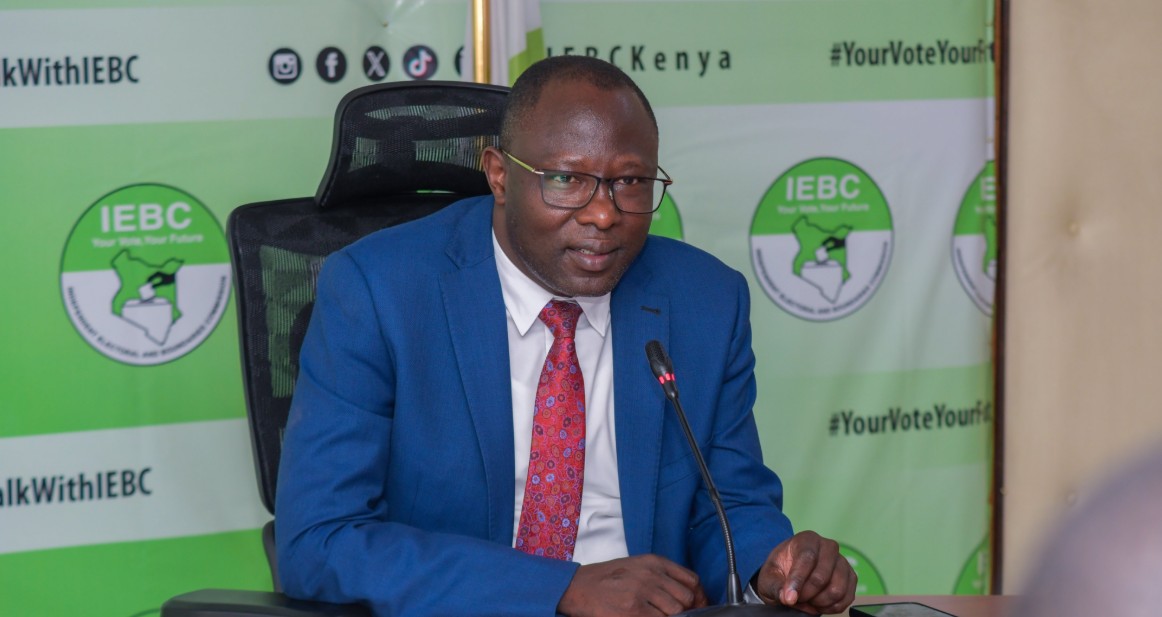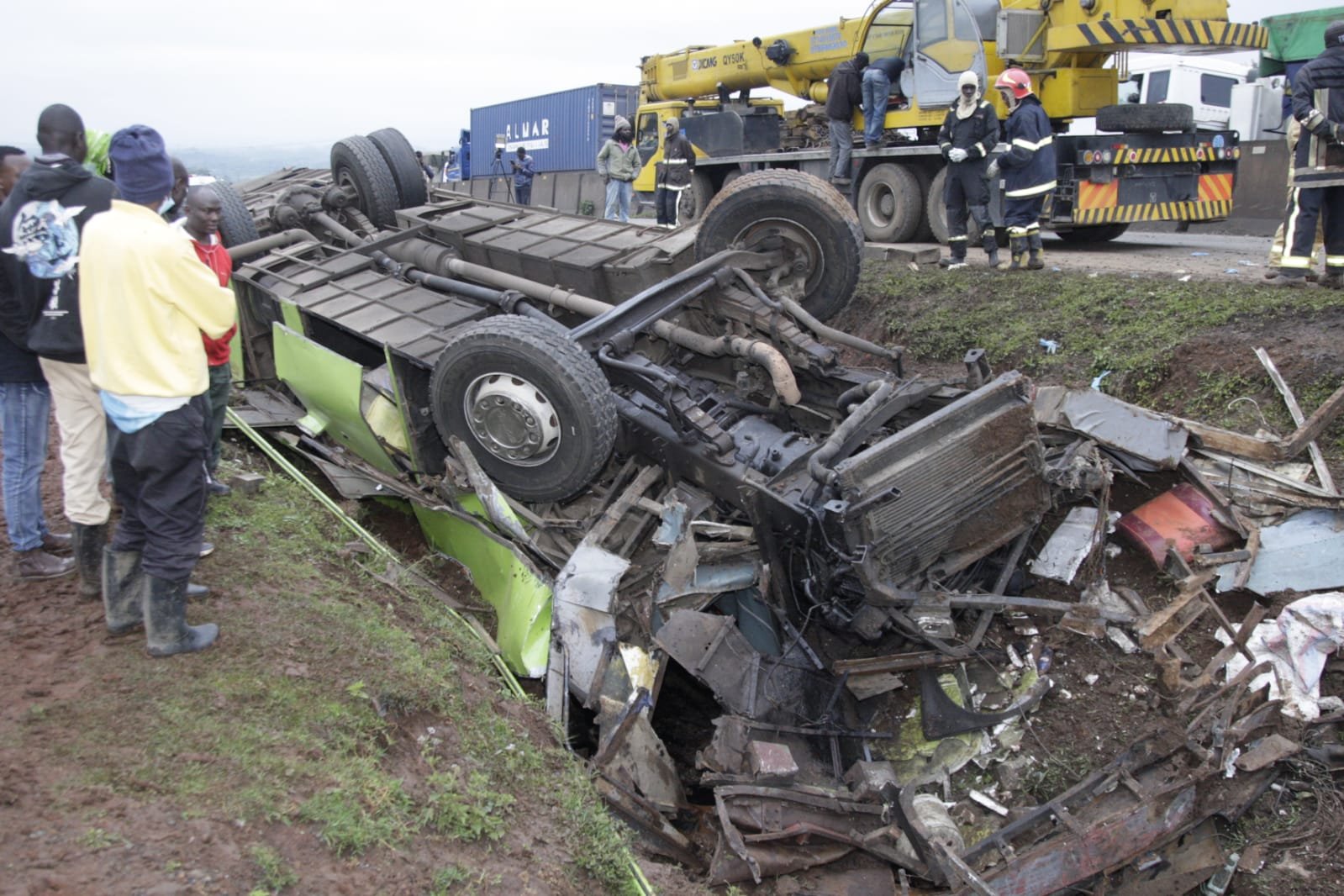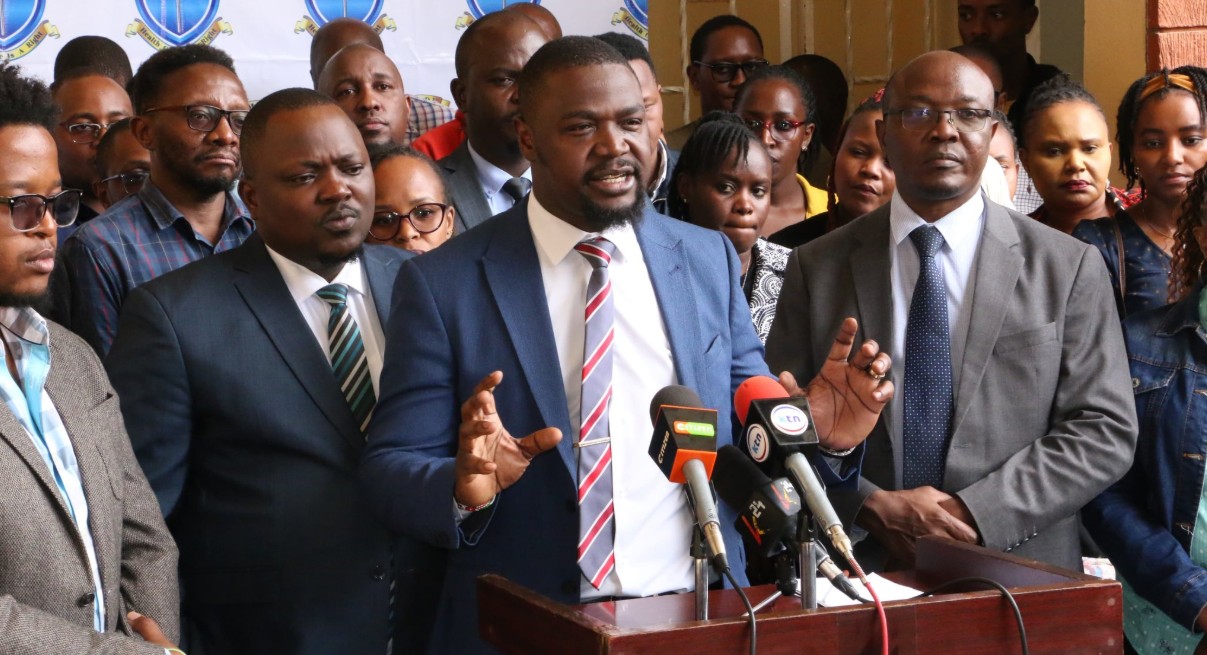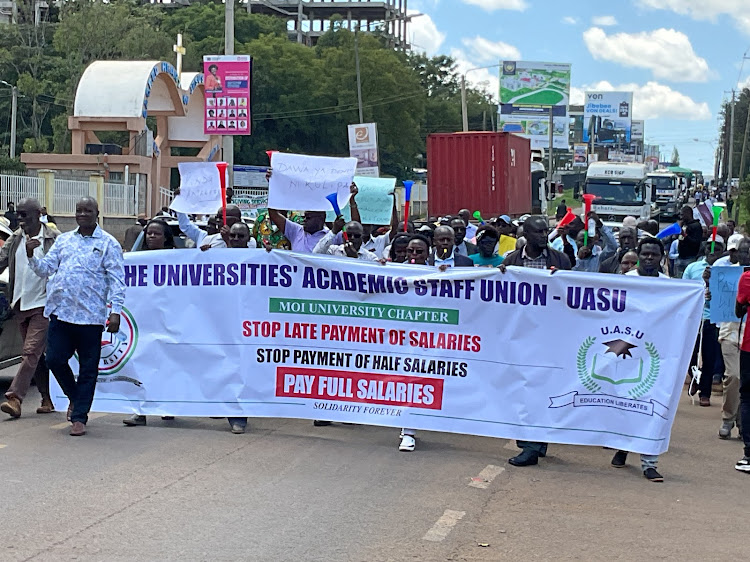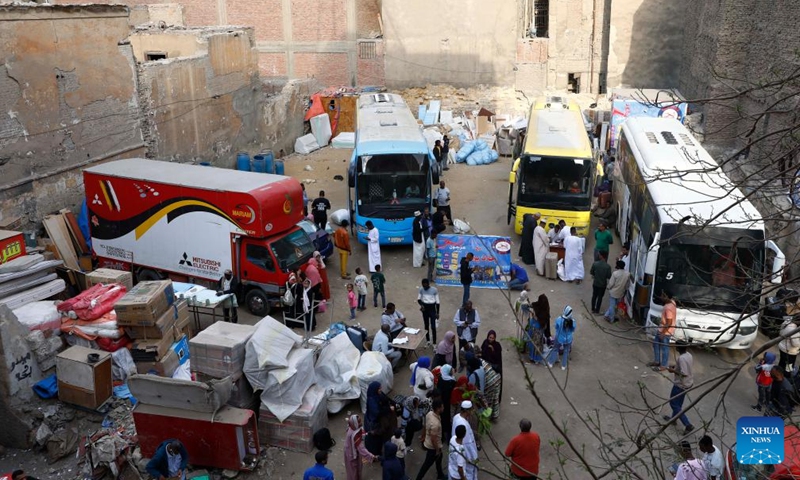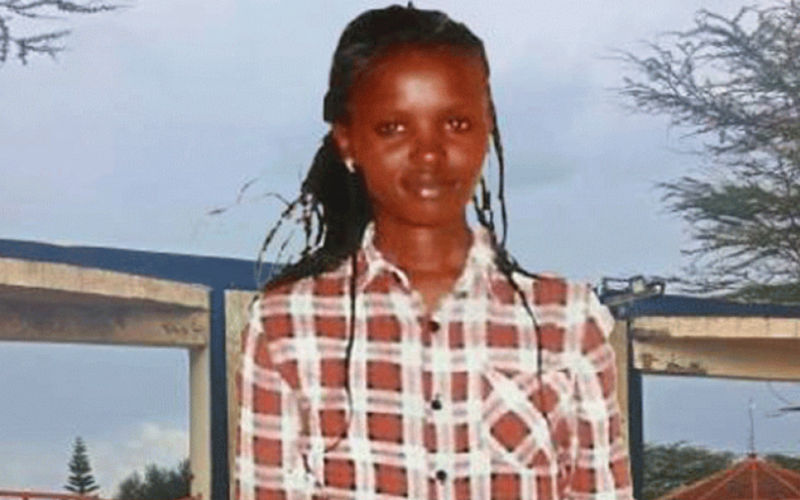Reformed warriors in Turkana receive Sh2.5 million to support business start-ups
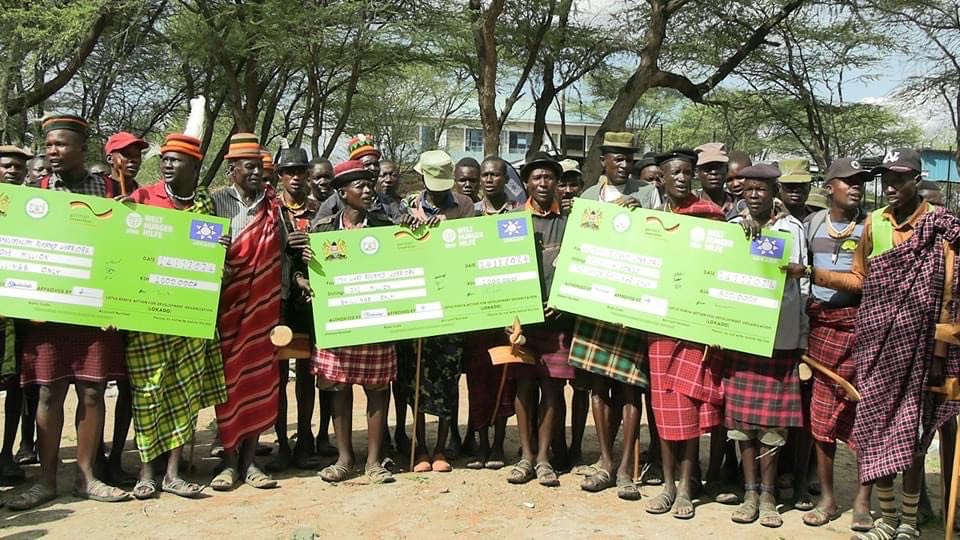
The training aims to support their business ventures and promote peace at grassroots levels.
Reformed warriors from cross-border villages in Kalobeyei and Letea wards, Turkana County, have received Sh2.5 million to support business start-ups as an alternative source of livelihood.
Under the second phase of the Strengthening Innovative Approaches to Promote the Resilience of Agro-Pastoralists in East Africa, 100 reformed warriors received the funding through a programme jointly implemented by Welt Hunger Hilfe and Lotus Kenya organisations in partnership with the Turkana County Government.
More To Read
- Over 200 warthogs poisoned at Muqder in Wajir County in shocking wildlife tragedy
- Turkana County launches digital WASH Map to revolutionise water management
- Turkana residents prioritise water, healthcare and education in 2026–2027 development forums
- Turkana launches promotion review to tackle staff career stagnation
- Turkana adopts solar-powered 'Vaccibox' to store vaccines in remote areas
- Turkana engages farmers, stakeholders on draft agricultural policy which seeks to boost farming
Augustine Kai Lope, the programme lead for Lotus Kenya, stated that the beneficiaries were drawn from various cross-border villages in Turkana West and Lokiriama sub-counties.
Speaking during a ceremony held in Lokiriama to present dummy cheques, Lope said the reformed warriors, previously engaged in cattle rustling, had undergone specialised training facilitated by the county's Directorate of Peacebuilding and Conflict Management. The training aims to support their business ventures and promote peace at grassroots levels.
“These are warriors we have worked with for some time, and I’m happy to say they have willingly surrendered their weapons and committed to pursuing business as an alternative source of livelihood,” he said.
He added that each beneficiary received Sh25,000 directly into their mobile money accounts to fund their chosen business ventures.
Philip Ewoton, the project manager for Welt Hunger Hilfe, highlighted that the programme is tailored to agro-pastoralists in East Africa, with a focus on resilience and sustainable livelihoods.
“This approach builds resilience among pastoralists and agro-pastoralists, providing them with viable economic alternatives,” Ewoton said.
He urged the beneficiaries to use the funds as intended, noting that many proposed venturing into livestock businesses, crop farming, and bead value chains, all of which are in high demand.
David Olouch, Lokiriama Assistant County Commissioner, encouraged the reformed warriors to serve as examples to those still engaged in banditry and cattle rustling. He urged them to play an active role in disengaging others from these outdated cultural practices.
Turkana County Secretary Peter Eripete expressed optimism that the reformed warriors would excel in their new livelihoods and positively contribute to the region's economic growth.
He assured donor partners that the county government would actively support local and cross-border peace initiatives.
Nanyee Lopi, a reformed warrior from Nalapatui village who spoke on behalf of the group, expressed regret for their past involvement in banditry and cattle rustling, which had resulted in significant loss of lives and property.
He called on national and county governments and donor agencies to invest in education initiatives to prevent young men from becoming warriors at an early age, perpetuating violence.
“We are committed to our new livelihoods, which we believe will inspire many to abandon this harmful practice. There are also former warriors who bear physical scars from past conflicts, including gunshot injuries that left them disabled. They need support and can serve as true ambassadors of peace,” he said.
Turkana County has experienced prolonged instability, with pastoralist communities facing conflict from neighbouring counties and cross-border attacks from Uganda and South Sudan.
Top Stories Today



